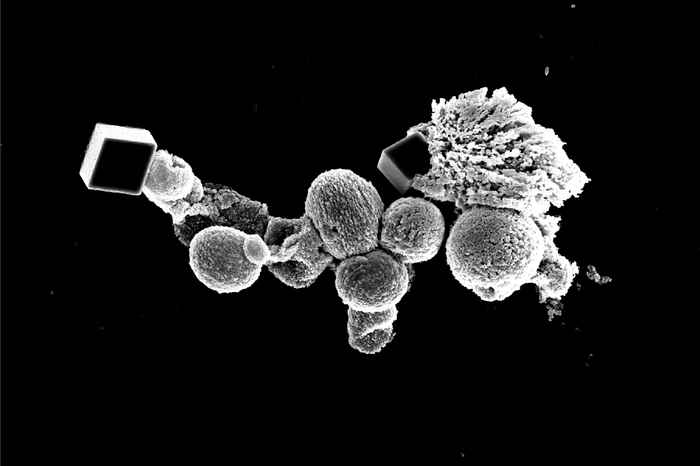Honoursmodule: Deep Ecology: Surfing the Waves (6 ECTS)
Do we always need an overview, or can we learn to surf the waves from within? The course Deep Ecology: Surfing the Waves contemplates how (and if) we can (at least try to) grow healthy, biodiverse, and inclusive Urban Ecosystems, in an increasingly complex world.

When studying so-called ‘wicked problems’ – complex problems, such as climate change and biodiversity loss, scientists aim to gain an overview, by seeking to understand the relationships between all agents within a certain system, e.g., the climate- or ecosystem.
If only we can understand how everything is interconnected, then we can motivate politicians and perhaps come up with technical innovations, and solve the complex problems we are currently facing? And even though gaining an overview can certainly be useful, I believe that our ability to feel part of the bigger wholes, by being-in-the-world is equally important, when longing to evoke ‘system change’.
Besides observing the Earth from above – and modelling systems as if we can place ourselves outside of them – we need to feel that, as individuals, we are part of the larger bodies that hold us: our own bodies in flux, our (extended and queer) families, our communities, universities, cities, societies, the world wide web, web of life, atmosphere, biosphere, Planet Earth, and even the extending universe.
During the seminars, we will explore perspectives from complexity sciences, biogeochemistry, philosophy, psychology and the arts. This transdisciplinary framework, presented by several guest-lecturers, will serve as an inspiration your own creative projects.
How can the Amsterdam Science Park, your ‘habitat’ as a student, become a green, lush and healthy space for all living beings? By listening, observing, and exploring, you will first strengthen your intuitions of the entanglements that shape this complex environment. Based on fieldwork, artistic research, and your own imagination, you will then create your own speculative scenario for the Science Park of the future. Thereby, you are encouraged to develop a vision of what is important to you: what do you long to take care of, what can be improved, what should be prevented?
In this first individual assignment, you will work on a dream or nightmare scenario. Thereby, you will focus on a topic of choice: (bio)diversity, energy, education, food or architecture. You will express this imagined future by using an experimental, artistic format – creative writing, drawing, poetry, spoken word, coding, gaming, world building, or any other creative medium you would like to explore.
In the second part of the course, you will design and perform an action, that navigates towards or away from a collective dream or nightmare future scenario, within a small, interdisciplinary group. Because even as small particles within large complex systems, we have the agency to make chance happen, from within. Or at least, we can aim to reach a critical mass, together, and reconnect to the desire to protect that what we love – the wilderness inside and around us.
During your projects, you will explore how to balance between letting go of control – entering a state of flow in a creative process, and creating narratives – such as stories, films, drawings, models, while keeping in mind that any story or model is always just that: a story. Invited artists will share their creative methodologies with you, to help you to navigate your own creative process.
Being able to alternate between both states of mind; embracing the messy and chaotic reality, and the human desire to gain an understanding of the world, to tell each other stories, around a campfire or a giant oak tree, is what this course is all about. Rather than focusing on an end-product, learning, curiosity, growing, failing, fun and playfulness are encouraged. So hopefully this course will be a source of deep learning, joy, and hope.
Academic and Artistic topics that will be addressed during the seminars include:
- Theories on the emergence of the biosphere (Earth Sciences)
- Introduction into Complexity Sciences: self-organization, complexity and agency.
- Introduction into Deep Ecology & Eco-philosophy.
- Art, film, performance, artistic research and storytelling techniques.
Coordinator
Esmee Geerken
Timetable
All lectures will take place on-campus and we assume you can be physically present during the scheduled hours. You can find the timetable on Datanose.
Registration
Registration is possible for students participating in an Honours programme. The registration period for the Honours courses will be from November 29, 10:00 am to December 3, 11.59 pm. You can register through the online registration form that will appear on Honoursmodules IIS. (registration is NOT through SIS)
Please note: Placement is not guaranteed if you register after December 3, so make sure you register on time. You will hear which course(s) you are registered for before December 15.
For questions about registration, please contact us at: Honours-iis@uva.nl
- Credits
- 6 ECTS,
- Language of instruction
- English
- Starts in
- April